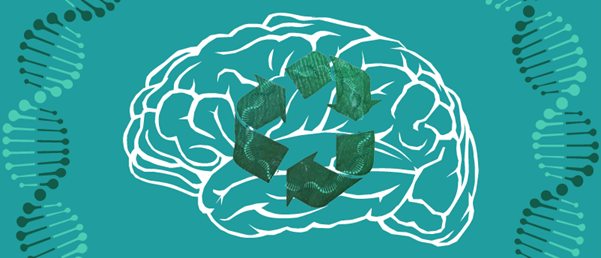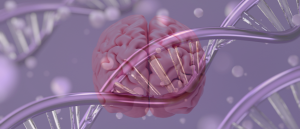
BioTechniques News
Aisha Al-Janabi

A new study demonstrates how mutations in both copies of the gene responsible for cellular recycling, ATG4D, underlie a rare neurological disorder that affects motor coordination and speech.
Researchers from NIH’s National Human Genome Research Institute and Undiagnosed Diseases Program (both MD, USA) discovered a new neurological disorder that affects motor coordination and speech. Three children were identified with these symptoms, one of whom also showed cerebellar abnormalities. All three children had mutations in both copies of the ATG4D gene.
ATG4D encodes important functional information for the cellular process that breaks down and recycles damaged proteins and cell parts to remain healthy, called autophagy. This process is essential for all cell types, but neurons are especially dependent on it. Without the ability to perform autophagy, neurons could be vulnerable to functional issues.
In 2015, researchers first highlighted that ATG4D mutations impacted behavior in dogs, causing their cerebellums to atrophy as well as display fine motor control issues. However, the potential role of ATG4D in human neurological conditions was not addressed until now.
 Changing the brain: nanocapsule therapy edits the Alzheimer’s gene
Changing the brain: nanocapsule therapy edits the Alzheimer’s gene
Researchers developed a nanocapsule gene therapy that could offer novel treatment for neurological disorders.
The current research team used computational analyses to screen the three children’s ATG4D mutations, predicting that they would form dysfunctional proteins. They also found that there are other genes that compensate for a loss of ATG4D function. Whereas some cell types, such as skin cells, can function normally without ATG4D, neurons without functioning ATG4D may not be able to undergo the recycling process.
The researchers tested this by knocking out the other genes that facilitate autophagy in a cell culture and inserting the mutated ATG4D genes from the children showing symptoms of the rare neurological condition. The cells could not undergo autophagy, indicating that the symptoms the children are experiencing are likely due to insufficient cellular recycling.
ATG4D remains, in large part, a mystery; however, further investigation into the role this autophagy gene plays in human health could benefit our understanding of other neurological conditions as well. Because other components of autophagy are involved in more common neurological disorders, this study and future research could shed light on how the autophagy pathway can be targeted in therapeutics for both more common and rare neurological conditions.
The post Rare neurological disorder likely caused by insufficient cellular recycling appeared first on BioTechniques.
Full BioTechniques Article here
Powered by WPeMatico
